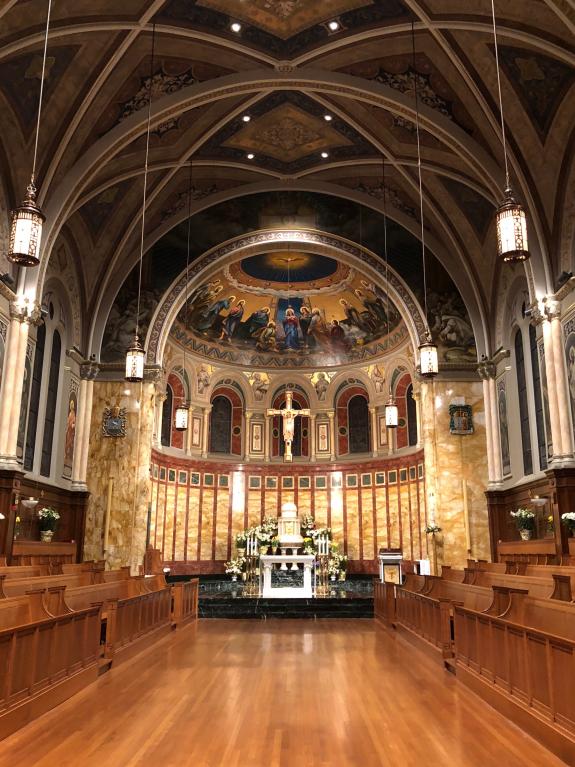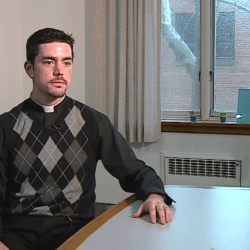
The system needs reform, according to these authors in Commonweal, and they offer some ideas, beginning with rooting out any vestiges of clericalism:
Pope Francis has repeatedly targeted clericalism as the great enemy of ordained ministry today. You can easily see the career-climbers he warns about in seminaries. If you want to learn how to work your way into the clerical caste, watch these men. They are learning Italian, wearing cufflinks and cassocks, and don’t at all mind being called “Father,” even though they are still in studies. Along with our colleagues in other formation programs, we have easily singled out seminarians with scarlet fever: while there may be few vocations to the priesthood, there are plenty of ambitious young men aiming for a bishop’s miter.
Clericalism can be thought of as a type of exceptionalism. Seminarians soon learn that the rules and standards, such as mastery of course material, do not really apply to them. As lay faculty members we have both been told, “You don’t vote on our advancement or ordination,” which falls just short of saying “so you don’t matter.” We have had discussions with seminarians who struggle with drinking or drugs and sexual activity that they commit or observe around them. Some are sexually harassed in the seminary, a problem that the case of ex-Cardinal Theodore McCarrick has brought to much needed attention. There are few consequences for any of this.
Seminarians know that, given the shortage of priests in the United States, it won’t be long after they’re ordained that they’ll be pastors with a parish of their own. We often heard conversations in the lunchroom that indicated as much: “When I’m pastor, I’m going to put my place on the map.” We heard very little talk of service or shared leadership, collegial relations with parish councils, or facilitating the talents of parishioners. The parish, it was clear, belonged to the pastor and not the people. Once, Cardinal Francis George explained to a group of seminarians in Chicago that Pope Benedict XVI stressed that the role of the priest and bishop was governance, not leadership. This was not unusual. Seminarians are fed a consistent message: their role is to rule over the laity and the religious as a result of their ontological change at ordination, not as a result of their virtue, knowledge, or model behavior. They are being trained to be autocratic bosses, not servant leaders.
One suggested reform, then, is to make an explicit effort to keep seminarians as the lay people they are. The goal of a seminarian’s path is ordination, but until ordination to the diaconate, that seminarian is a lay man. Why are they wearing cassocks and a Roman collar before then? When we asked that question of seminarians and priests on faculty, we were repeatedly told, “So they will get used to it.” Nonsense.












